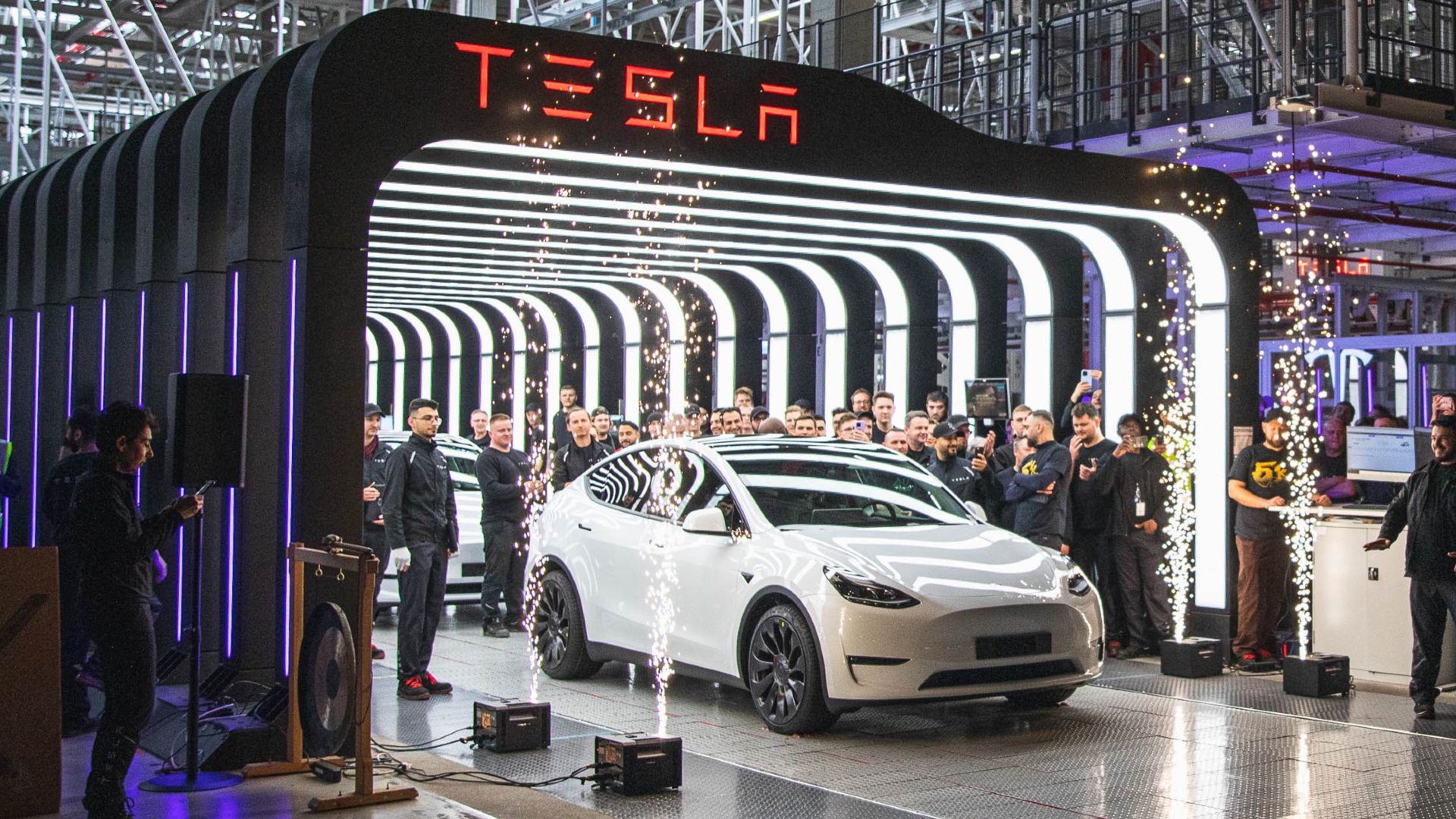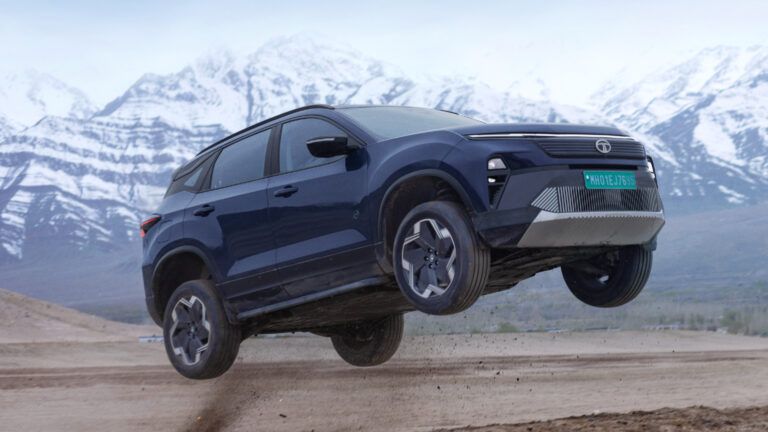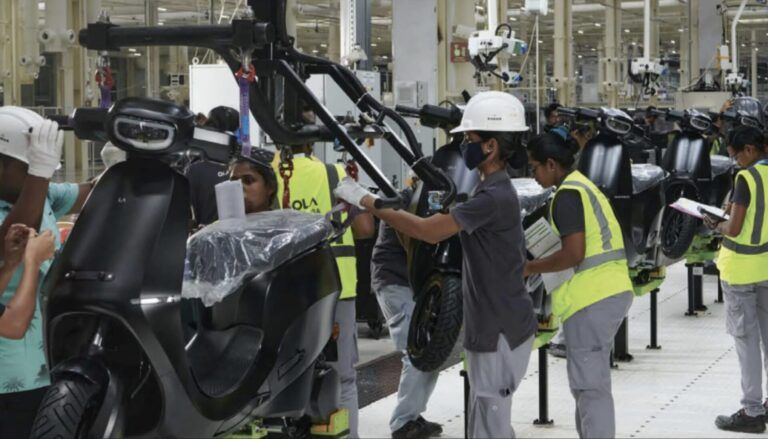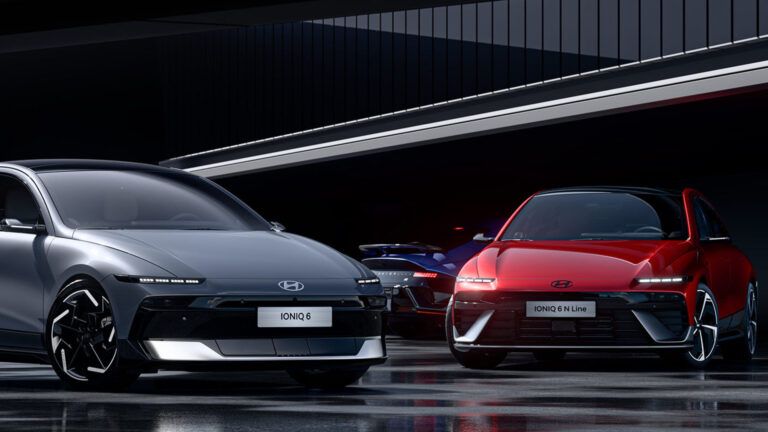Indian officials were optimistic about Tesla building a production unit in the country. However, Bloomberg reported that executives from Tesla have not been in contact with them recently.
Sources familiar with the matter report that officials in New Delhi believe Tesla will not pursue an investment due to the lack of follow-up from Musk’s teams. The decision to step back comes several months after Musk delayed his planned visit to India in April.
Moreover, officials said the Indian government knows about Tesla’s financial problems. Also, they mentioned that Tesla does not intend to invest new money in India. However, Tesla and Union Ministry of Heavy Industries officials did not reply to queries.
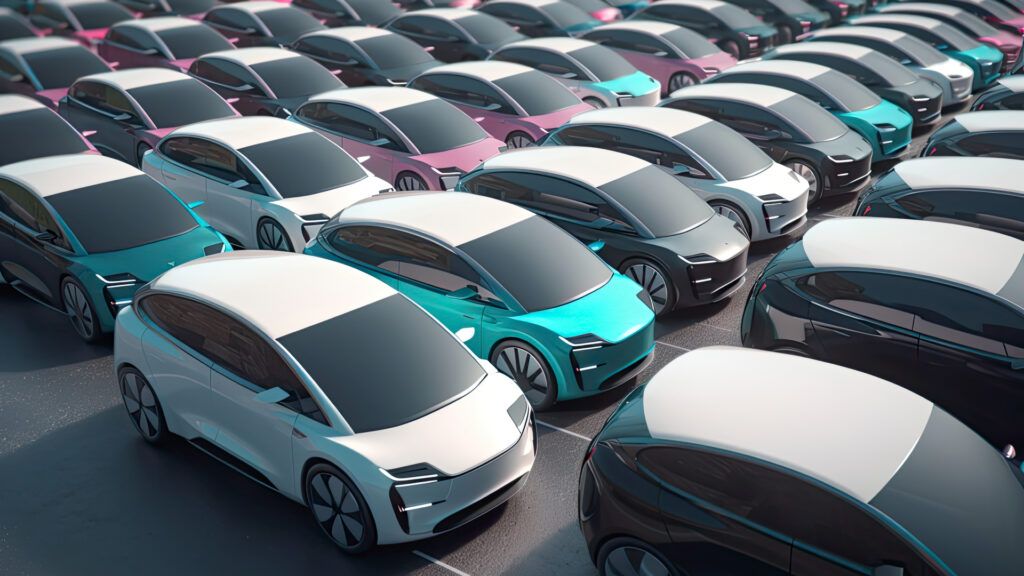
New EV Policy
In March, India introduced a new policy for electric vehicles (EVs). Under the policy, manufacturers could benefit from a reduced import tax rate of 15% on certain models. However, they had to invest at least $500 million and building a factory in India.
As per the new policy, companies that meet these criteria could import up to 8,000 EVs priced at $35,000 or more each year with a lower tax rate of 15%. Currently, India imposes a 70-100% tax on imported EVs based on their value. This new policy was a significant advantage for Tesla. However, now it seems the American EV maker can’t capitalize on it.
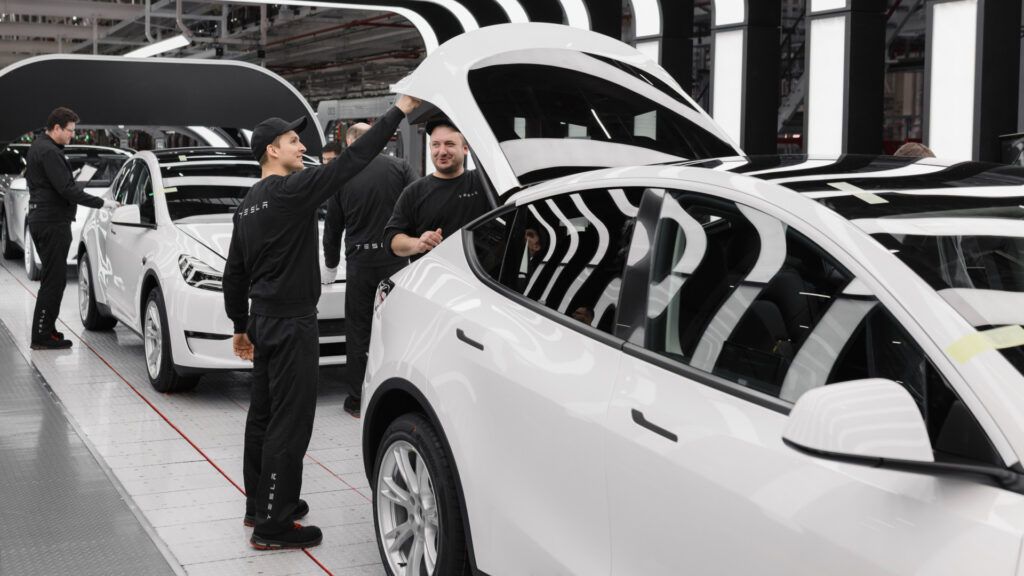
The Global Pressures
After reporting a second consecutive decrease in global deliveries this quarter, Tesla is encountering global pressures and confronting heightened competition in China.
Furthermore, Musk revealed layoffs recently, and the company has experienced slower sales for its Cybertruck model. Also, the company witnessed delays in building its factory in Mexico.
In April, Musk called off his visit to India, which had included a scheduled meeting with Prime Minister Narendra Modi. The billionaire cited “pressing issues” at work as the reason for his absence. However, he was seen in Vietnam a few weeks later.
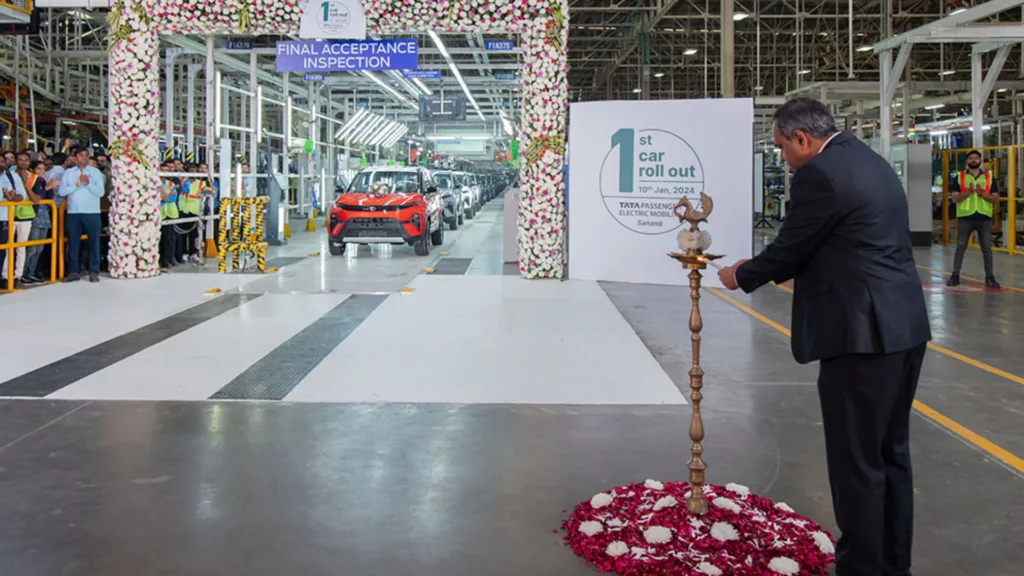
India Turns to Domestic Automakers
Sources revealed that the Indian government now depends on domestic companies like Mahindra & Mahindra and Tata Motors to increase electric vehicle production.
Moreover, the officials mentioned that if Musk decides to get involved again, the government would still invite Tesla to take advantage of the new import tax policy.
India’s electric vehicle (EV) market is still developing. Currently, battery-powered cars make up only 1.3% of total car sales in 2023, according to BloombergNEF. Furthermore, potential buyers are reluctant to switch to EVs primarily because of their high initial prices and insufficient charging infrastructure.

